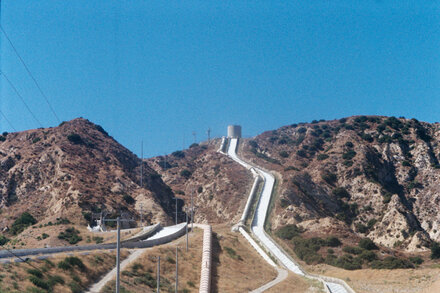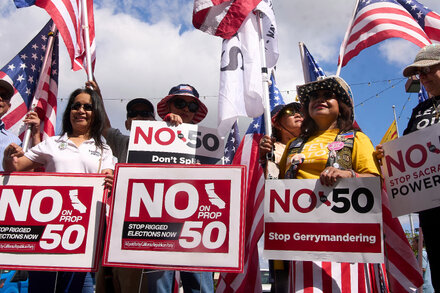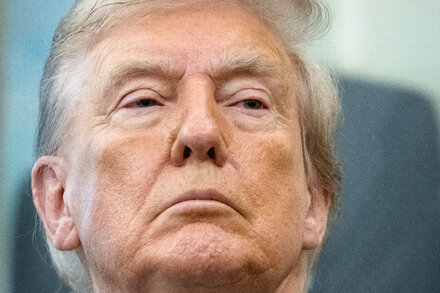BUENOS AIRES – Less than a year after President Javier Milei swept into office on promises to radically overhaul Argentina’s ailing economy, his administration faces a new set of formidable challenges, even as it claims significant victories in its initial fiscal battles. While Milei’s “shock therapy” has delivered on some key commitments, the drastic measures have also plunged the nation into a deep recession, intensifying social pressures and raising questions about the sustainability of his economic model.
Milei, an outspoken libertarian economist, inherited an economy grappling with triple-digit inflation, a widening fiscal deficit, and dwindling foreign reserves. His electoral campaign centered on an urgent need for fiscal austerity, deregulation, and the eventual dollarization of the economy. Upon taking office in December, he swiftly implemented a series of dramatic reforms, including a sharp devaluation of the peso, significant cuts to public spending, and the elimination of subsidies for energy and transportation.
“There is no alternative to shock therapy,” President Milei stated in an earlier address. “We are facing the worst economic crisis in our history, and the only way out is through drastic measures to restore fiscal balance and bring down inflation.”
The government has pointed to several successes in its initial months. The central bank reported a primary fiscal surplus for the first time in over a decade, a cornerstone of Milei’s economic strategy. Monthly inflation rates, while still extraordinarily high, have shown signs of deceleration from their peak, offering a glimmer of hope that the upward spiral might be contained.
The Emergence of a New Crisis
However, these achievements have come at a substantial cost, giving rise to a “new crisis” characterized by a sharp contraction in economic activity and a notable increase in poverty. The drastic cuts in public spending, coupled with the devaluation, have severely impacted consumption and investment. Businesses across various sectors, from retail to manufacturing, report significant drops in demand, leading to job losses and closures.
Official statistics indicate a profound recession, with GDP contracting sharply in the first quarters of the year. Unemployment figures have begun to rise, and an increasing number of Argentinians are struggling to meet their basic needs as real wages have fallen significantly against persistent price increases. Social organizations and labor unions have staged numerous protests, highlighting the severe impact of austerity on vulnerable populations.
“We understand the need for change, but the speed and depth of these cuts are suffocating families and small businesses,” remarked a Buenos Aires resident during a recent demonstration. “We are seeing people who once had stable jobs now struggling to put food on the table. This isn’t just an economic crisis; it’s a humanitarian one.”
The administration’s efforts to pass comprehensive structural reforms through Congress, including the privatization of state-owned enterprises and a sweeping deregulation package, have also faced significant political hurdles. While some components have advanced, others have been stalled or diluted, underscoring the challenges of governing without a strong legislative majority.
As Argentina navigates this complex economic landscape, President Milei’s government remains steadfast in its belief that the current hardship is a necessary precursor to long-term stability and growth. Yet, the escalating social costs and the deepening recession present a critical test of his administration’s resilience and its ability to sustain public support amidst unprecedented economic strain.
Source: Read the original article here.





